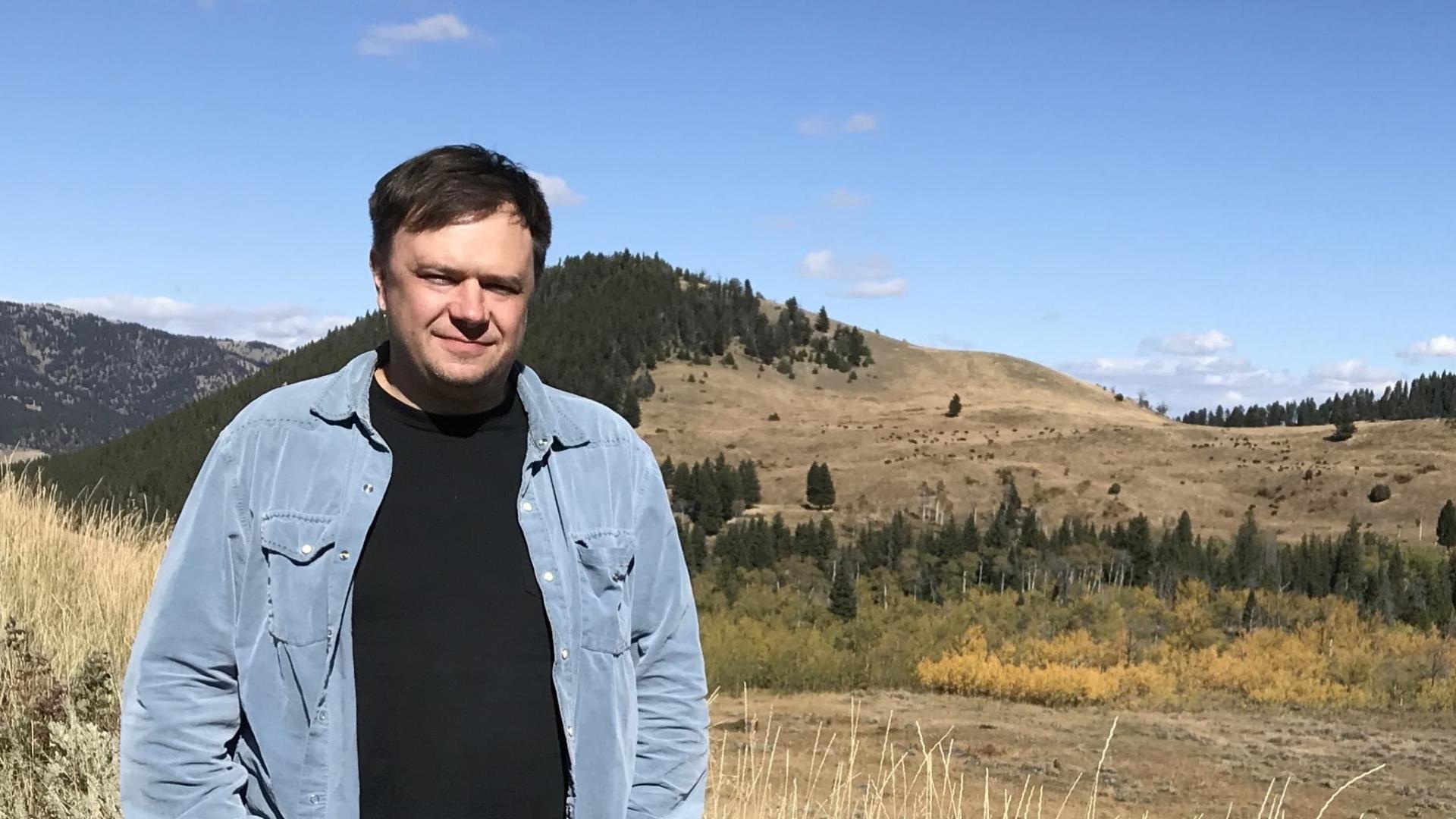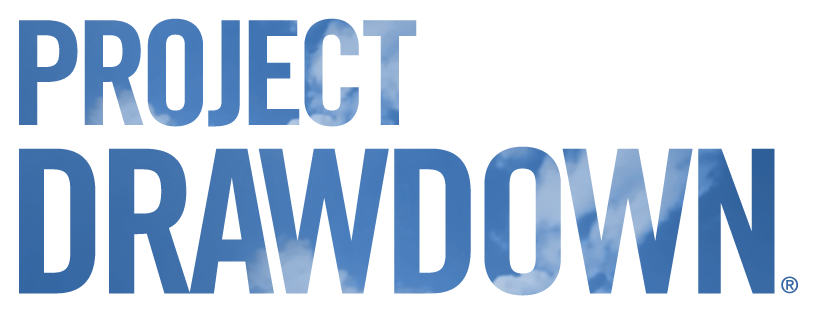Drawdown Science profile: Paul West

This article is the first in a series introducing the new members of Project Drawdown’s science team.
Paul West joined Drawdown Science as senior scientist, ecosystems & agriculture, in September 2022 after working part-time with Project Drawdown as director of special projects since January 2021. An applied ecologist, he focuses on identifying and amplifying co-benefits of climate solutions for conserving biodiversity, sustainably producing food, and enhancing the overall health of people and our planet.
Before coming to Project Drawdown, Paul held leadership positions at the University of Minnesota and The Nature Conservancy. The Web of Science has named him one of the world’s most influential ecology and environmental researchers.
In this interview, Paul shares his thoughts on the intersection of climate and food security, Mr. Rogers vs. Bill Nye The Science Guy, fresh pears, and more.
Q: When people ask you what you do with Project Drawdown, what do you tell them?
A: I’m helping find solutions to reduce our impact on climate and create a more just world. I bring scientific rigor to the conversation, assess how climate solutions also benefit people and nature, and work with others to effect change on the ground.
Q: Why did you choose to join the Drawdown Science team?
A: I like to be on the frontier of new science and I’m all about solutions. I’m also very practical. So Project Drawdown is a great fit for me. My work will focus on solutions that bring together my expertise and passion for reducing climate change, improving food security, and protecting nature. How do we meet all three goals? Who benefits and what are the trade-offs? Where are the hot spots that can help or hinder progress? What’s the path and who can help us reach the destination quickest?
Q: Can you recall a childhood experience that relates to the work you’re doing today?
A: When I was 8 or 9, we had a family friend who was passionate about hunting and fishing and hiking and such. He took me to a few places where there was a remnant prairie and talked to me about what most of that part of Illinois used to look like. It stuck with me just how much our landscape has changed.
Q: What’s your favorite Drawdown Solution, and why?
A: One is protection of tropical forests, because they store a whole bunch of carbon, are biodiversity hotspots, and are important areas for Indigenous peoples. Another is eliminating food waste, because it’s something everyone sees as a good idea. It’s something we’re able to do as individuals and something that has immediate impact and that we have influence over in our everyday lives.
Q: What was the subject of your Ph.D. dissertation?
A: I came up with new ways of quantifying how land use change, mainly from agricultural expansion and management, affects water availability and quality, habitat, and climate.
Q: What superpowers do you bring to this job?
A: Over time I’ve become more of a high-end generalist as compared to extremely good at a few things. That, in combination with being a systems thinker and curious, is a big one. I’m good at cutting through all the noise to find answers and doable actions. And I work well with others. Even though I’m a science guy, I’m more like Mr. Rogers than someone flashy like Bill Nye.
Q: What gives you hope?
A: There are so many more people, especially young people, these days who are very interested in climate change and are taking action or demanding action by others. Also, it gives me hope that we have most of the tools that are needed to solve most of the problems.
Q: What is the most awesome thing you’ve encountered so far today?
For breakfast I had a pear and some oatmeal, and there’s something about pears that I love. When I was a kid we had them out of tin and I didn’t like them. This time of year I love to have a fresh pear.
Press Contacts
If you are a journalist and would like to republish Project Drawdown content, please contact press@drawdown.org.



